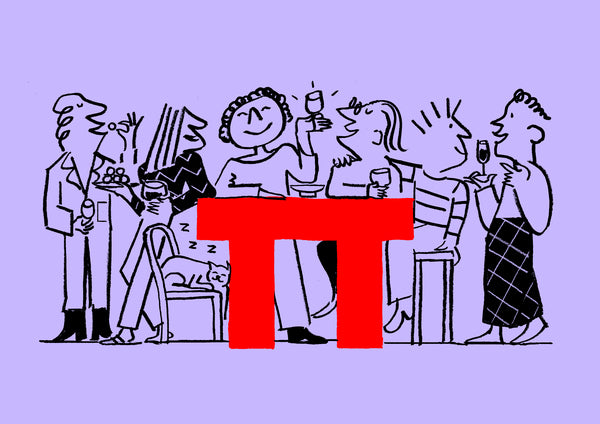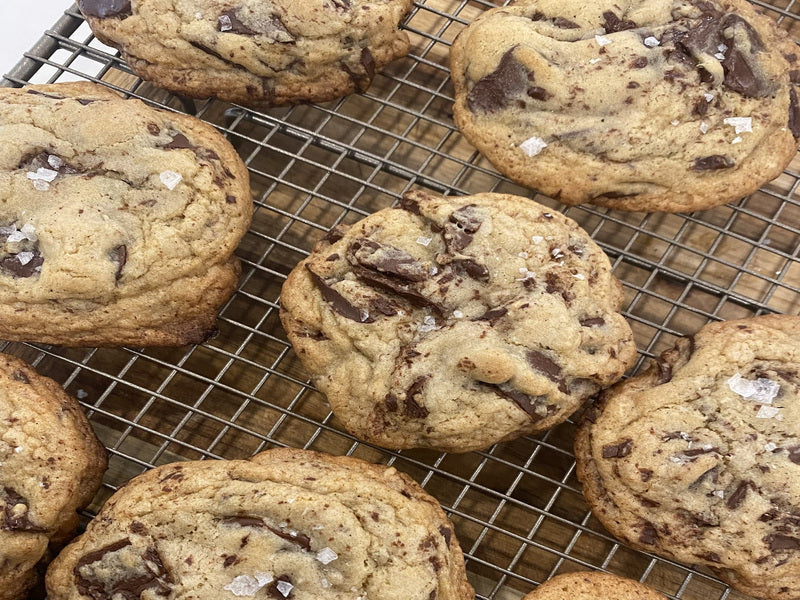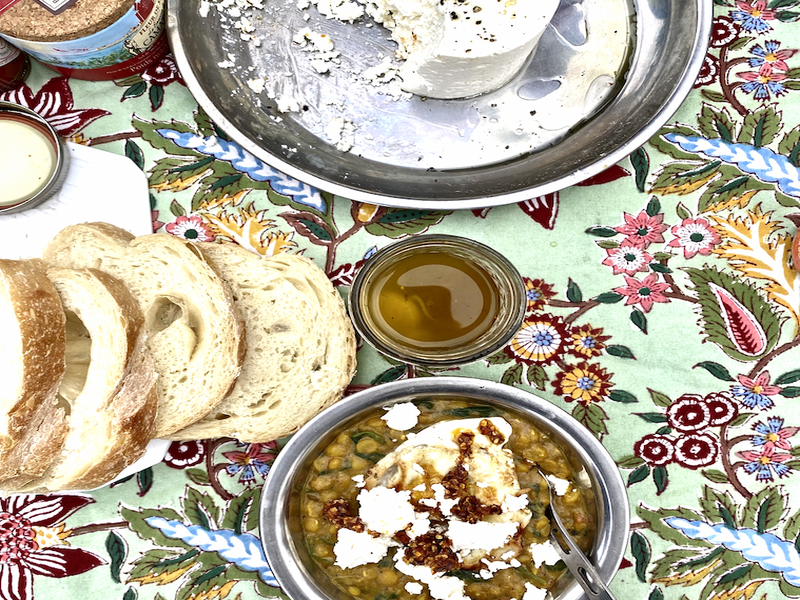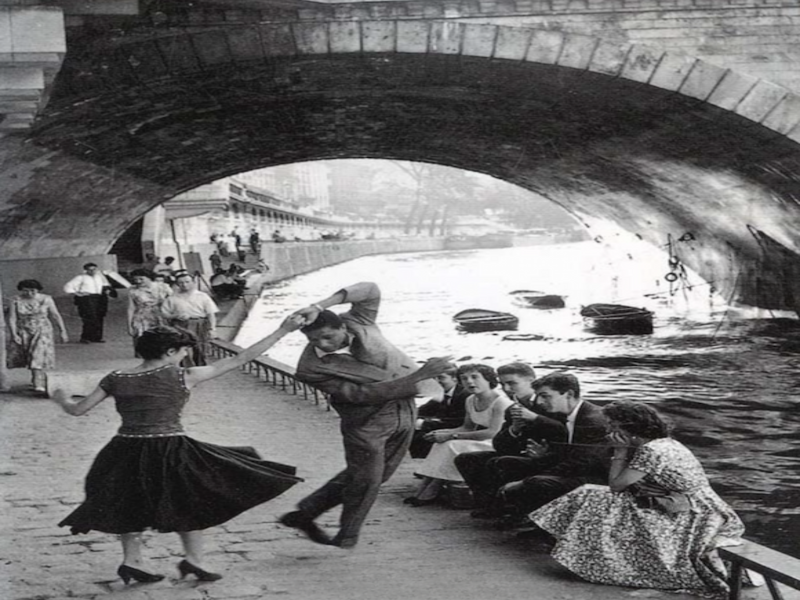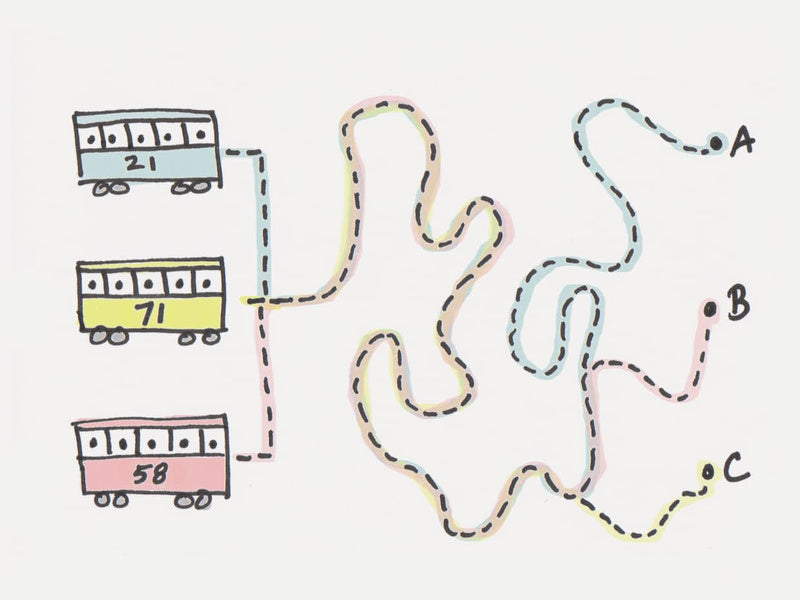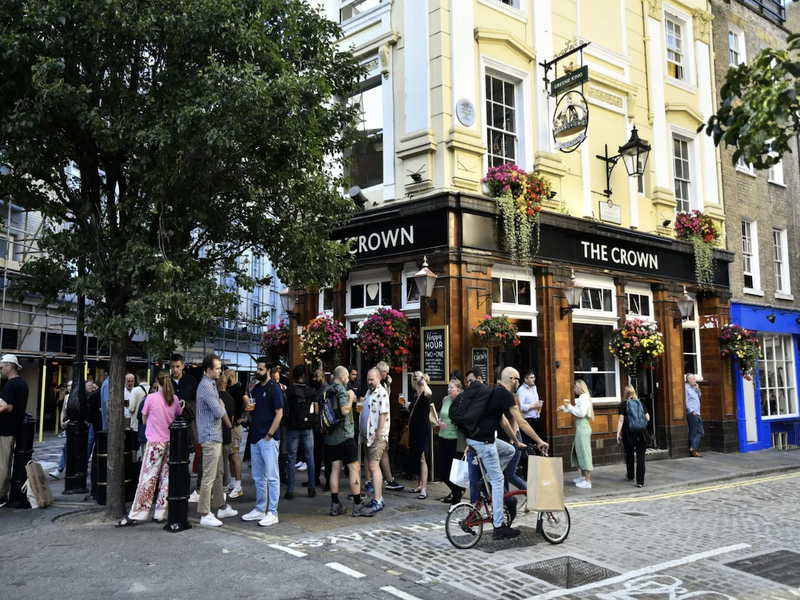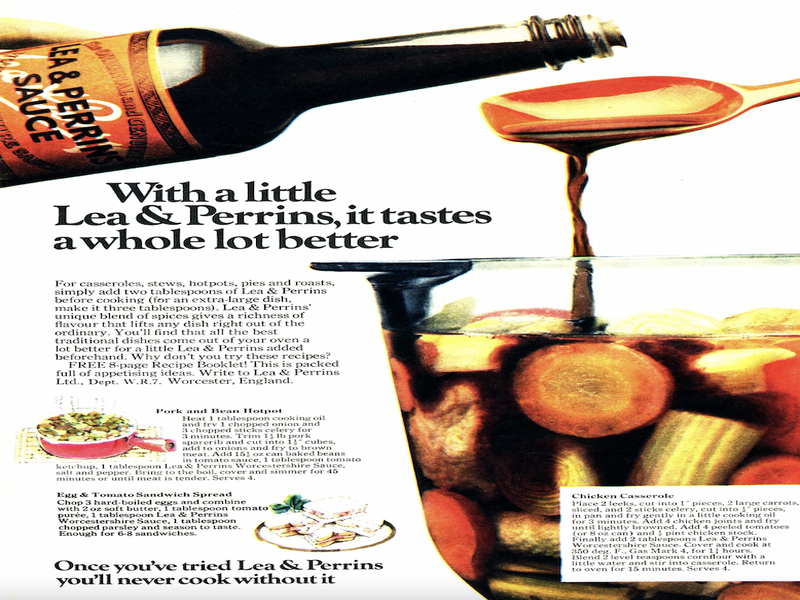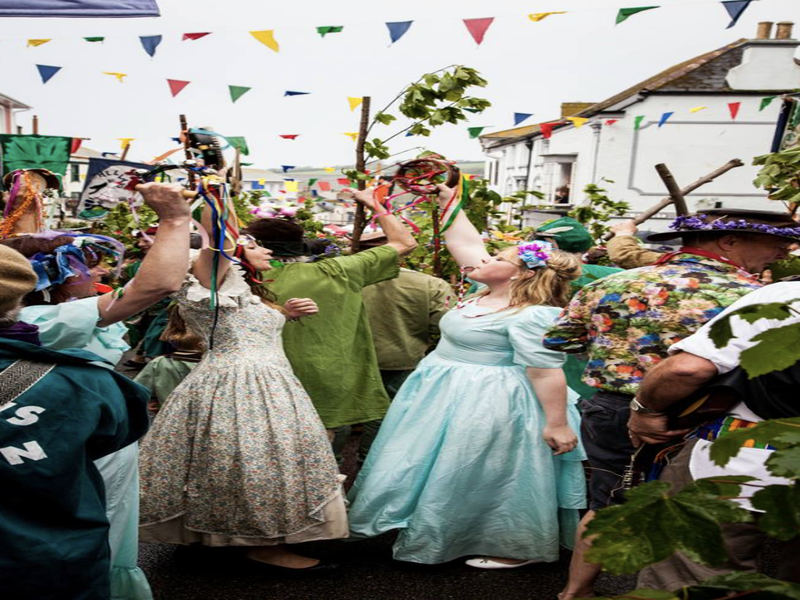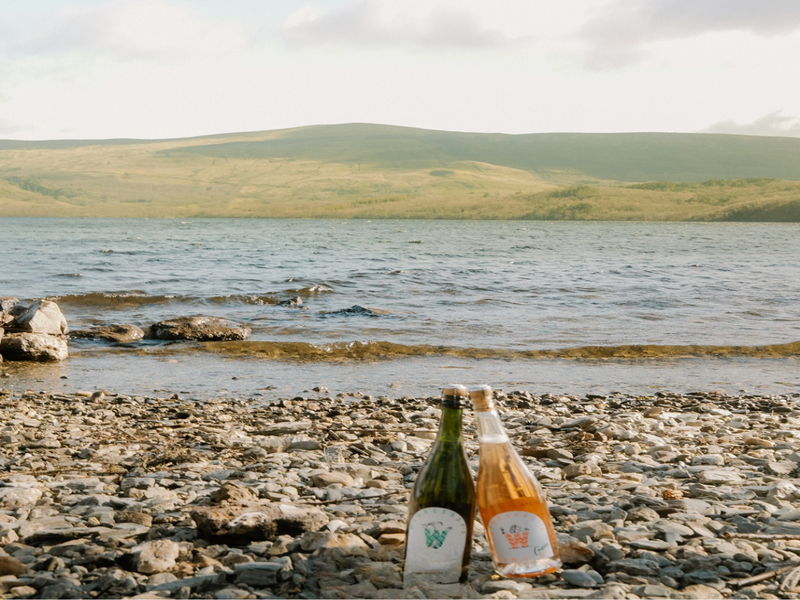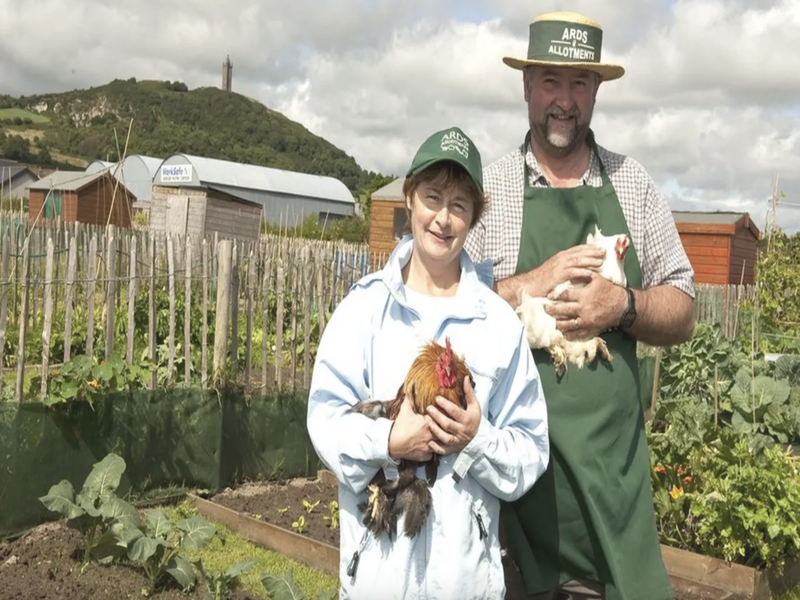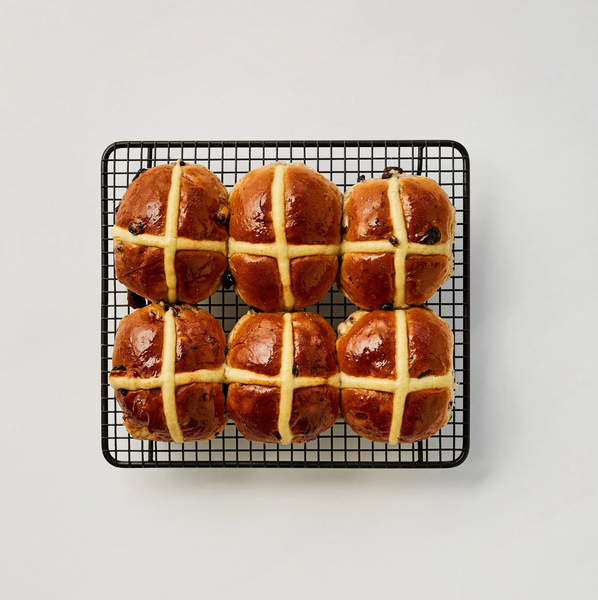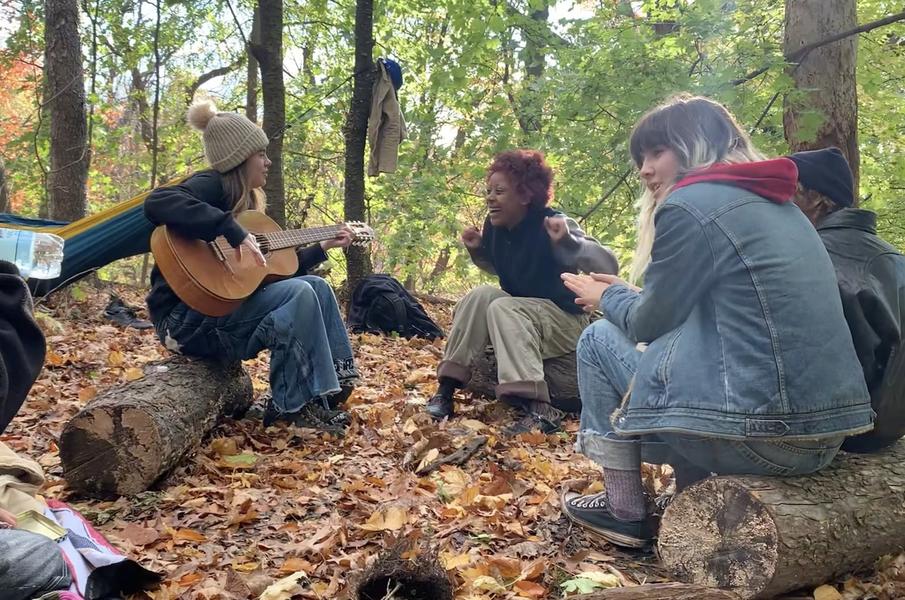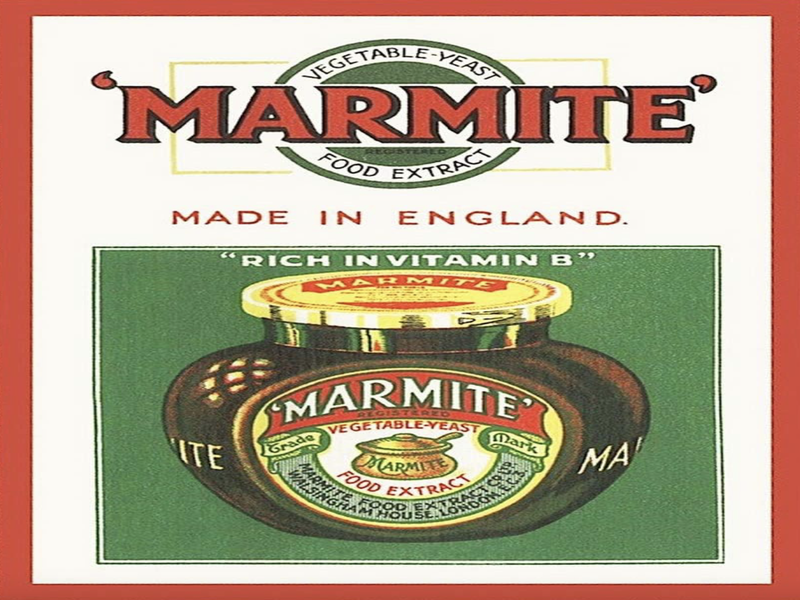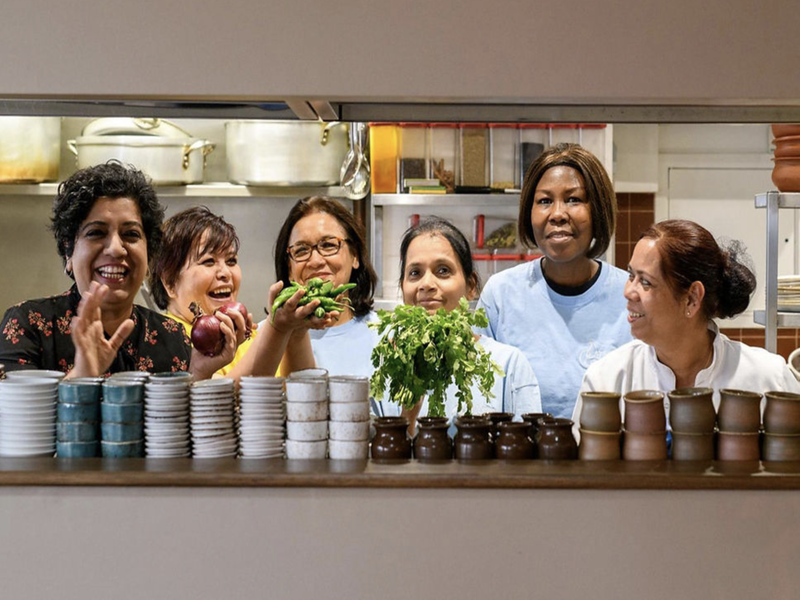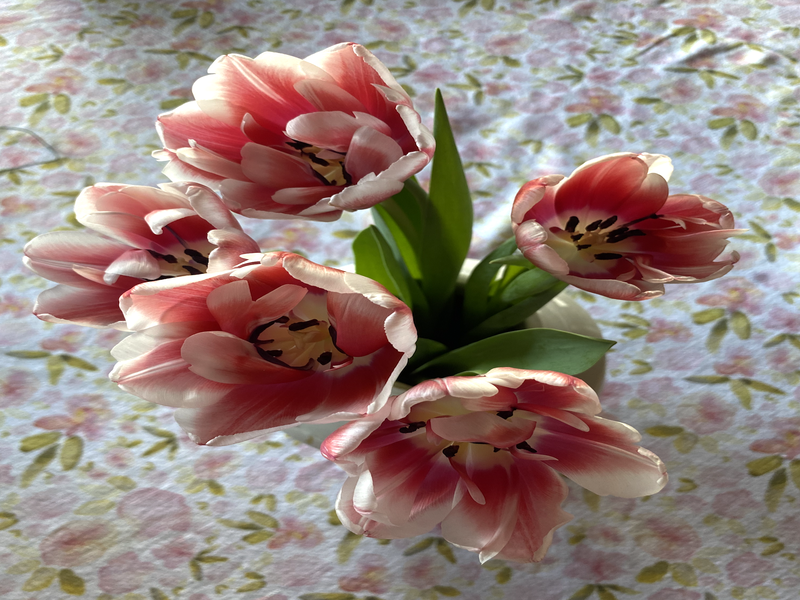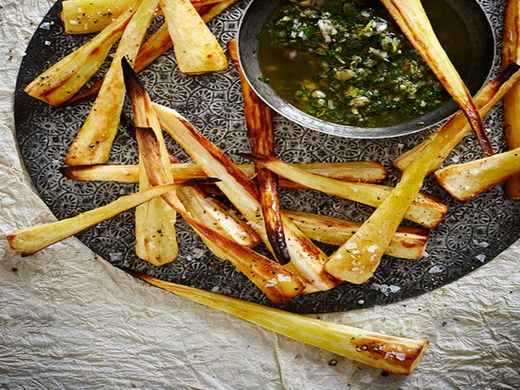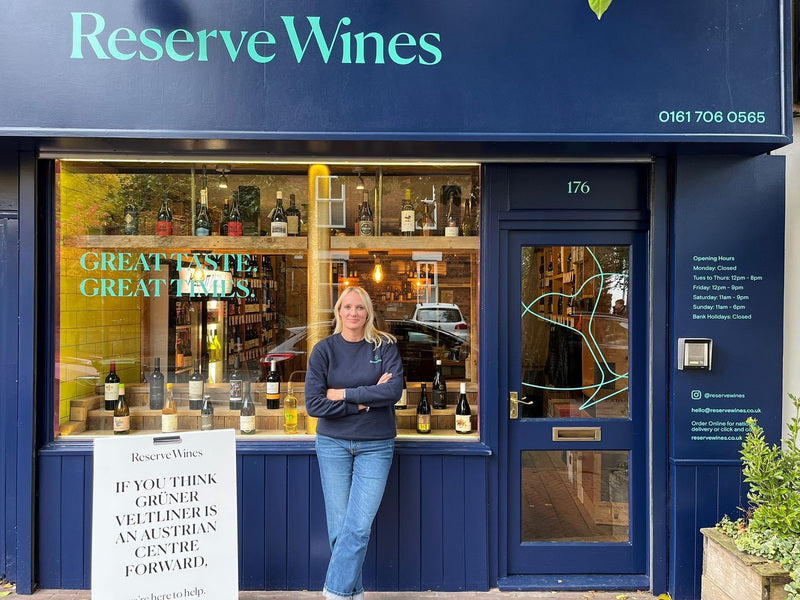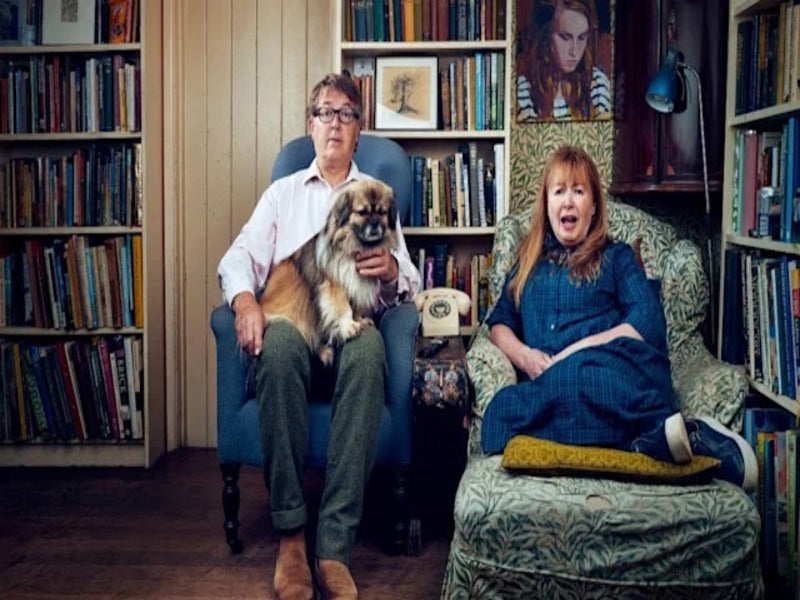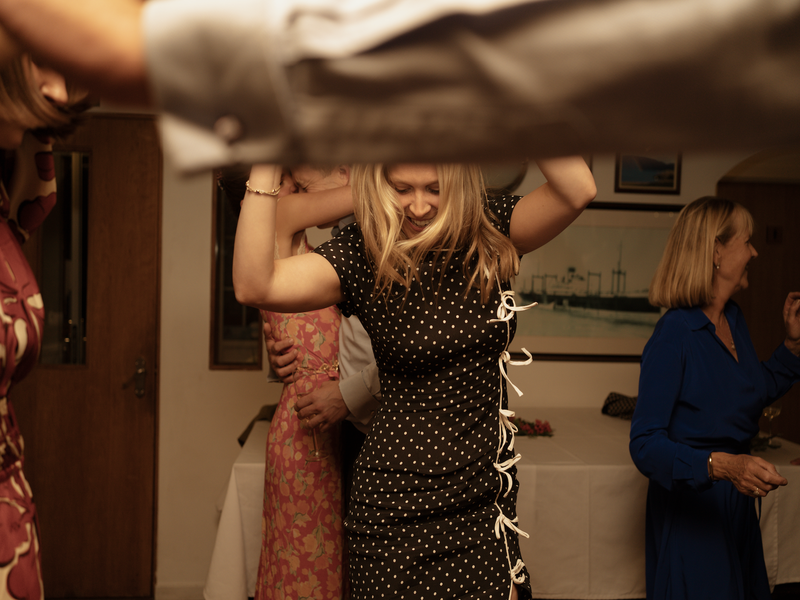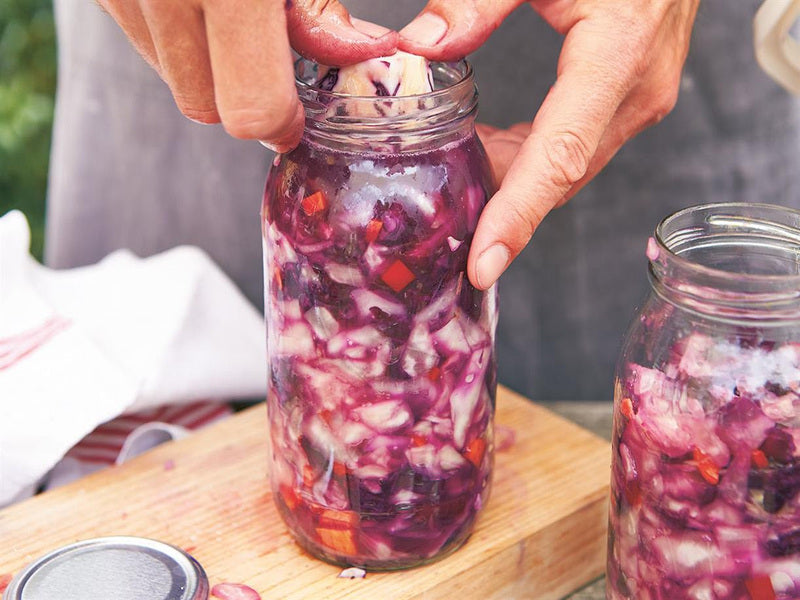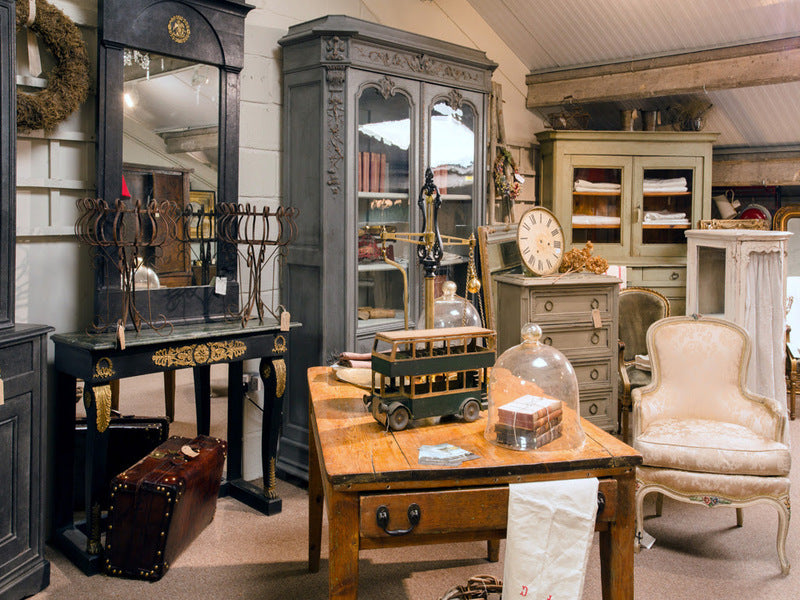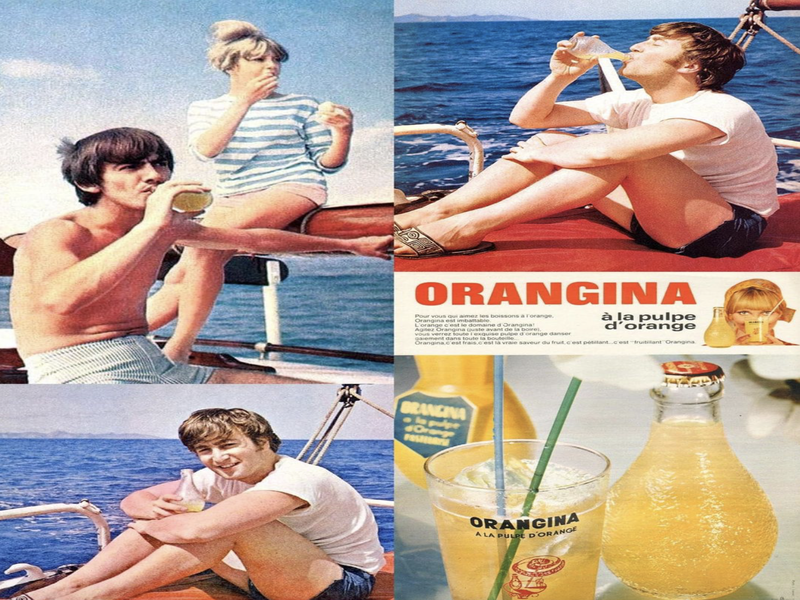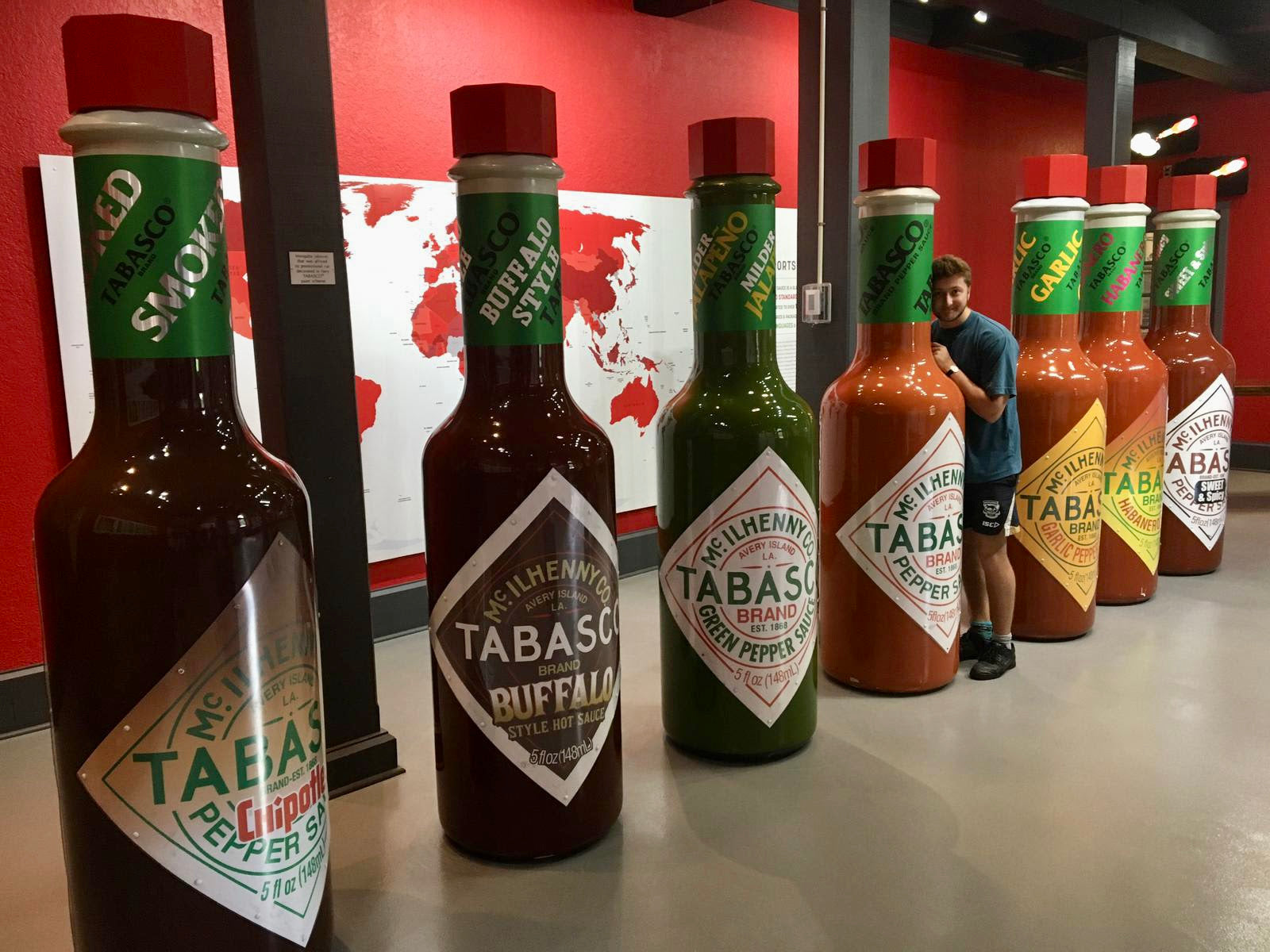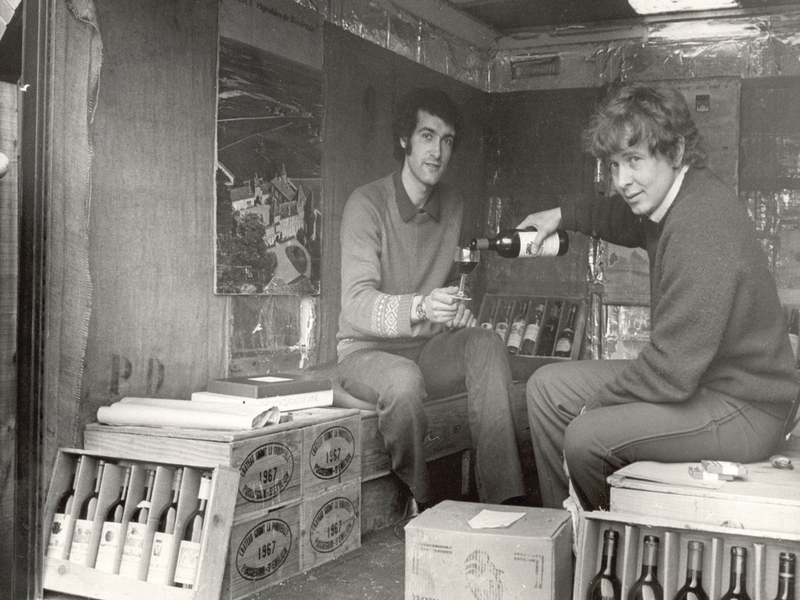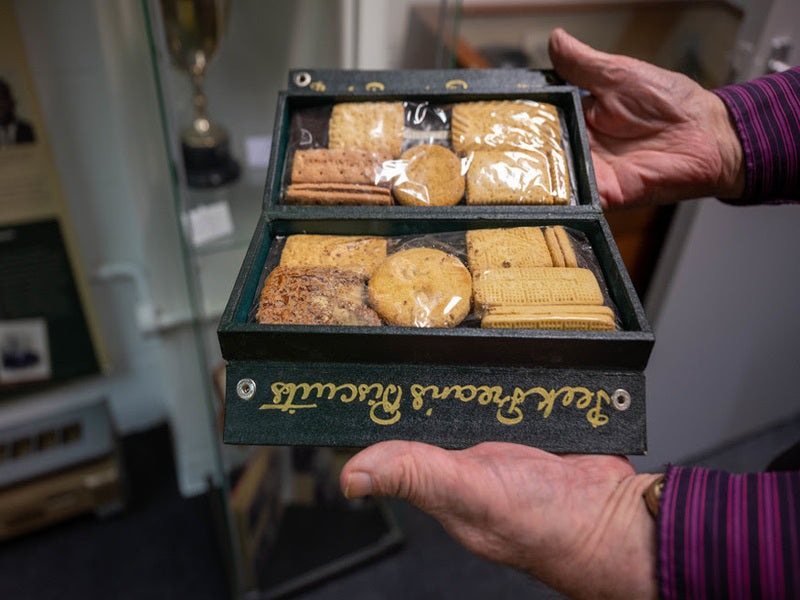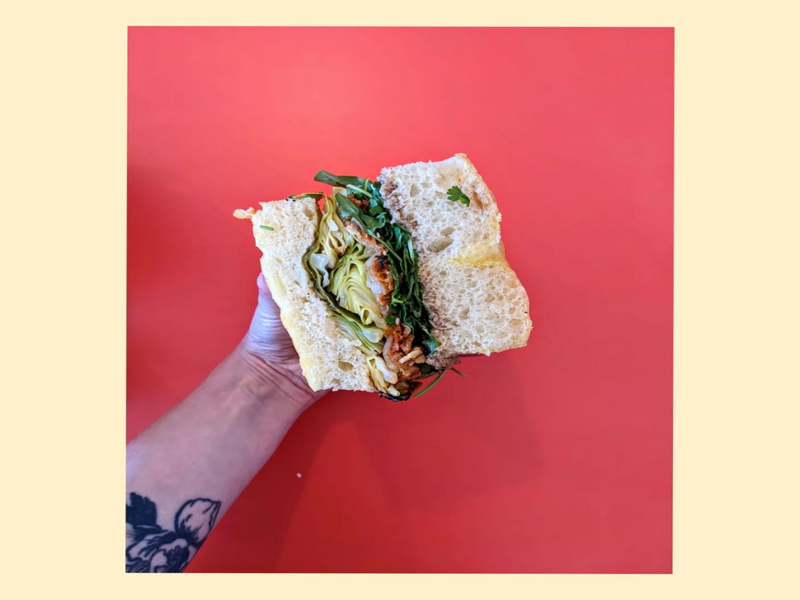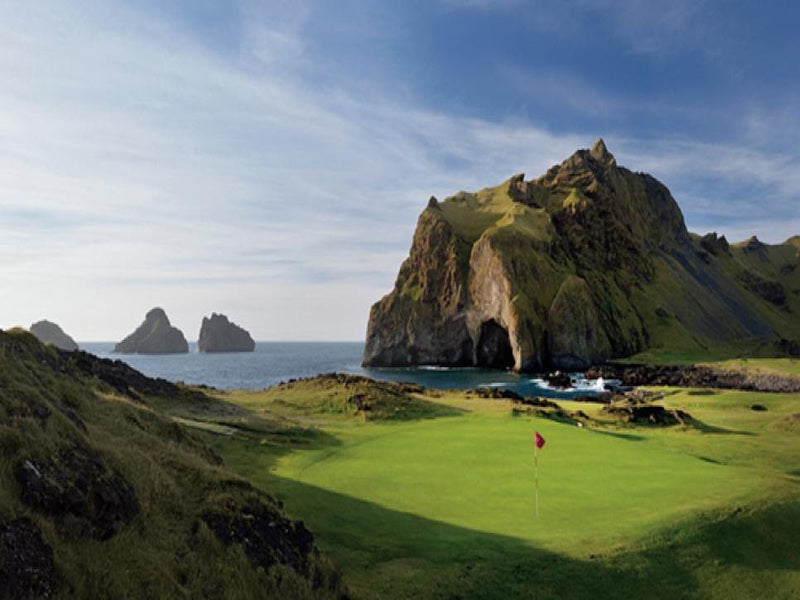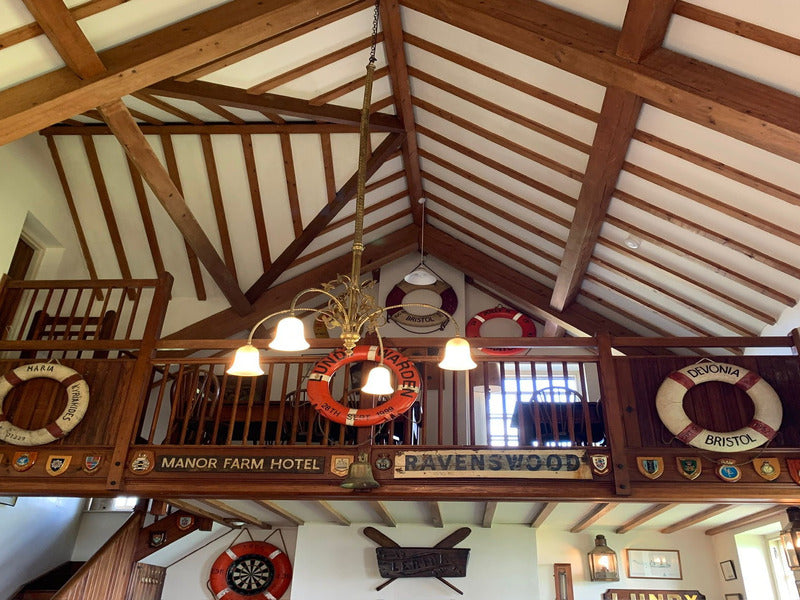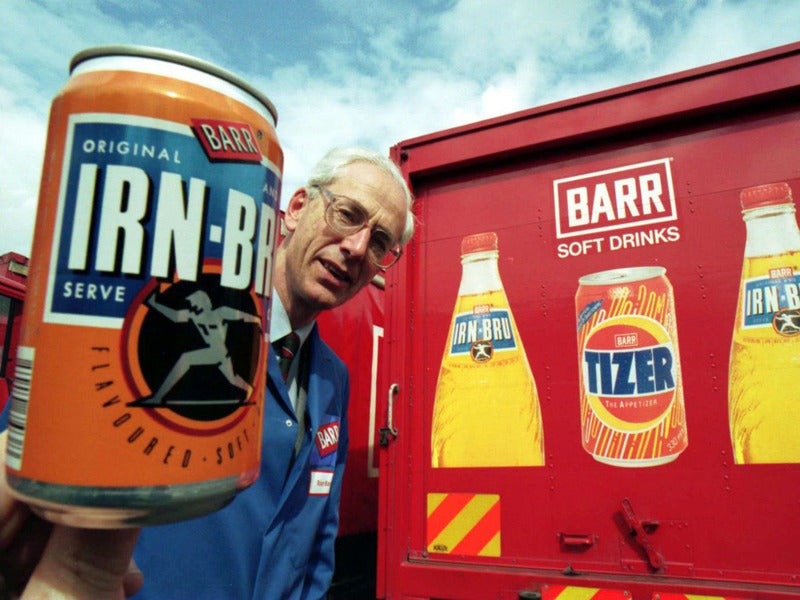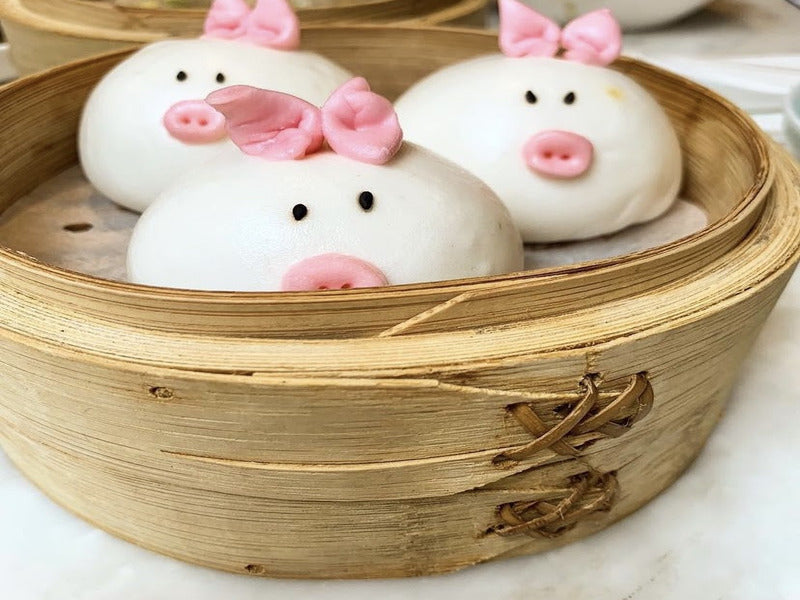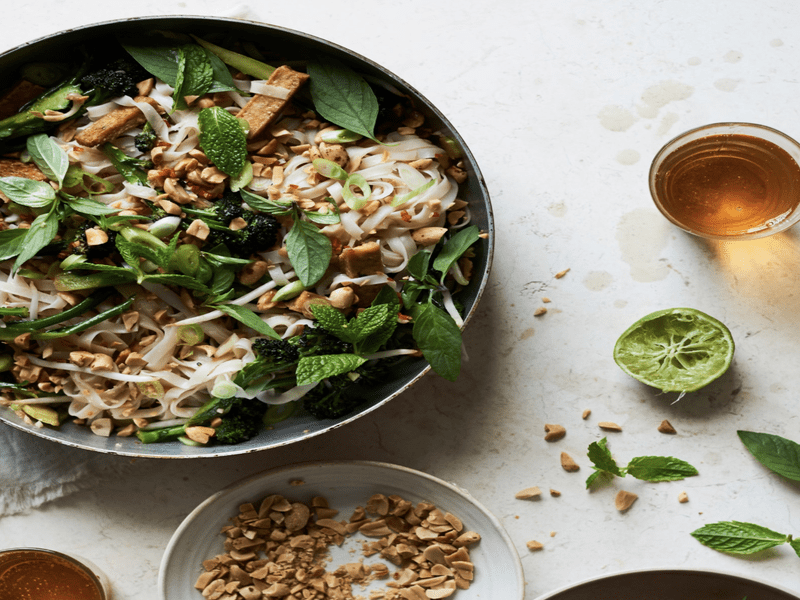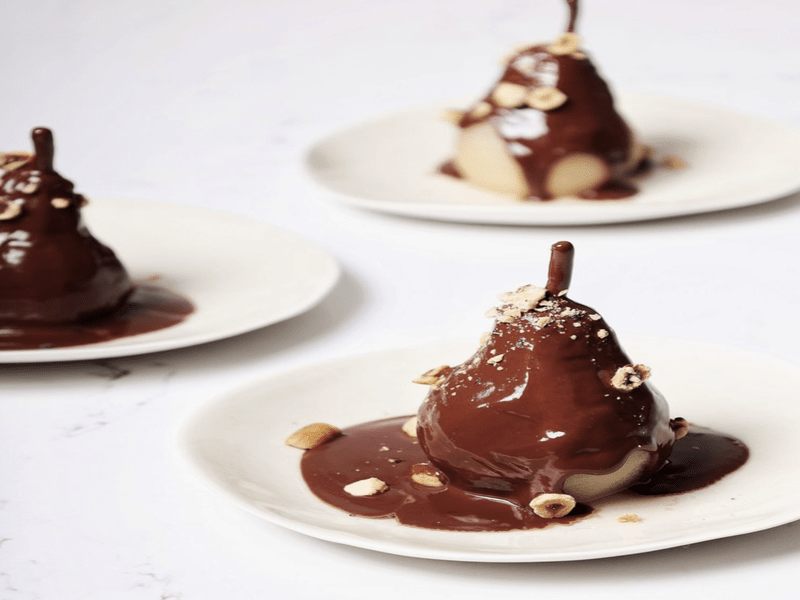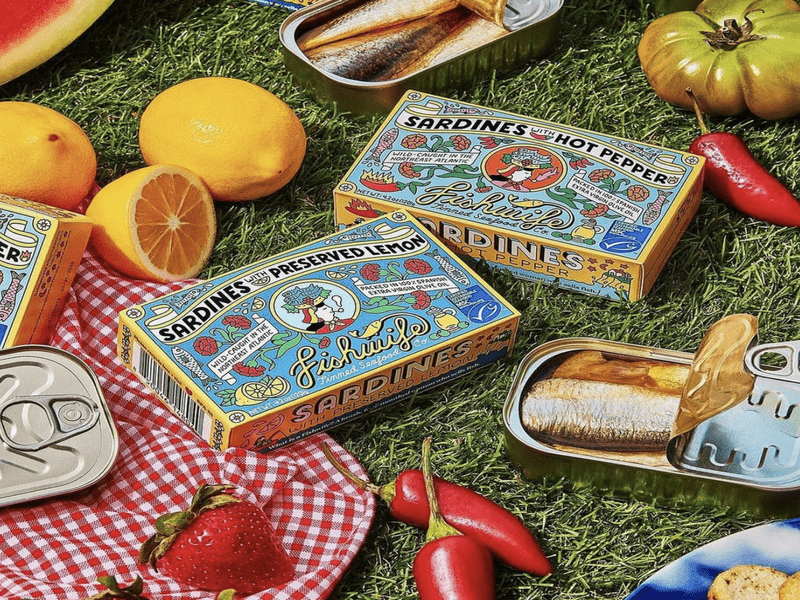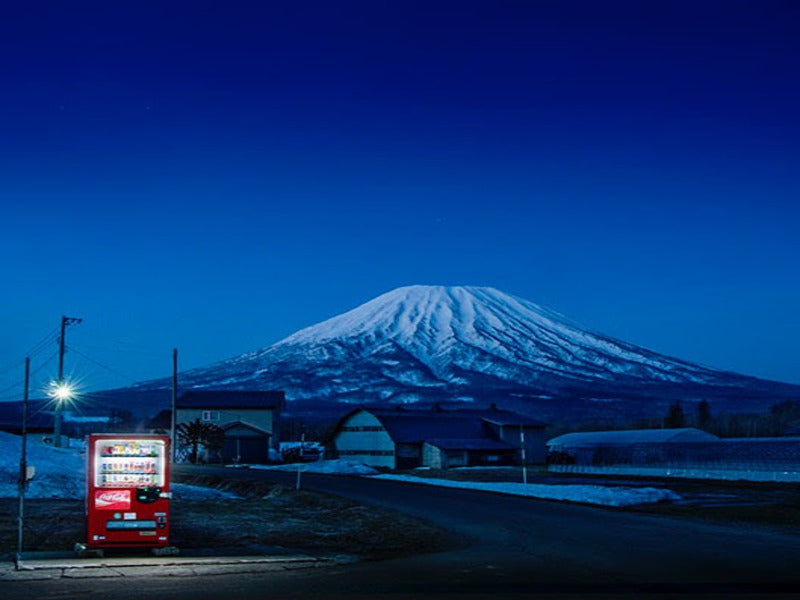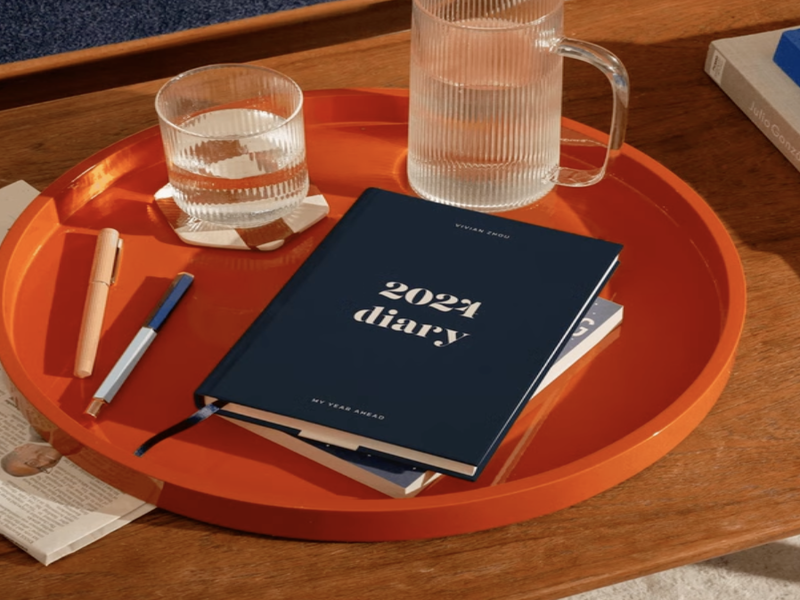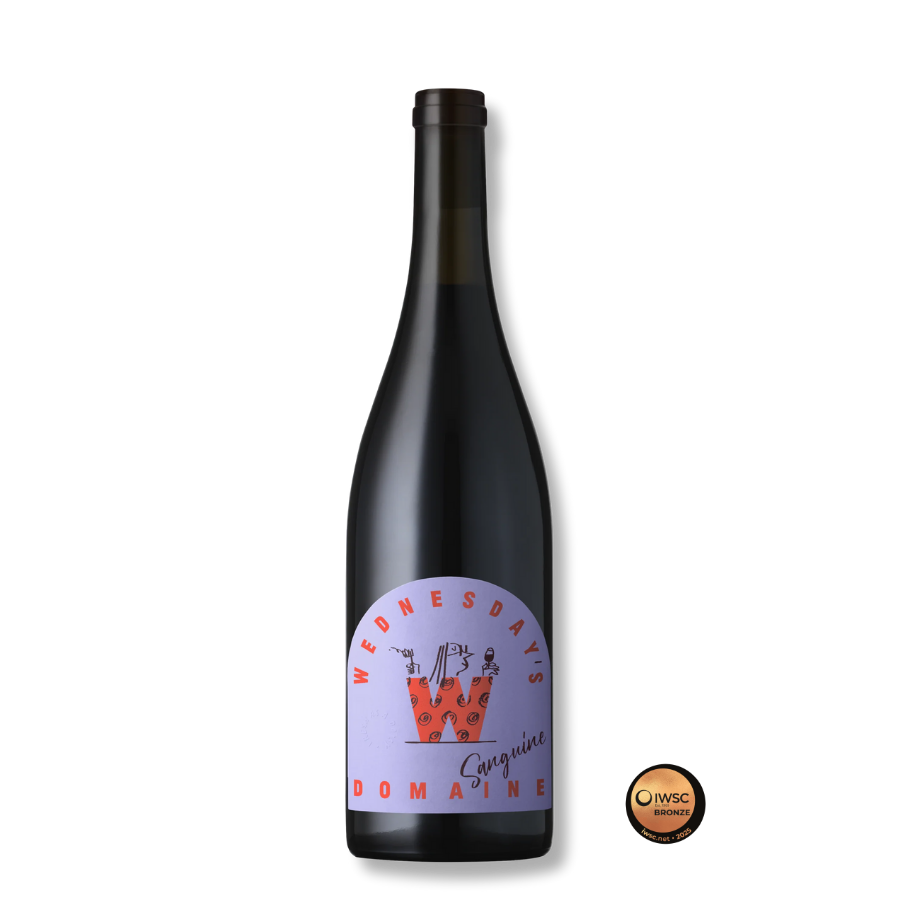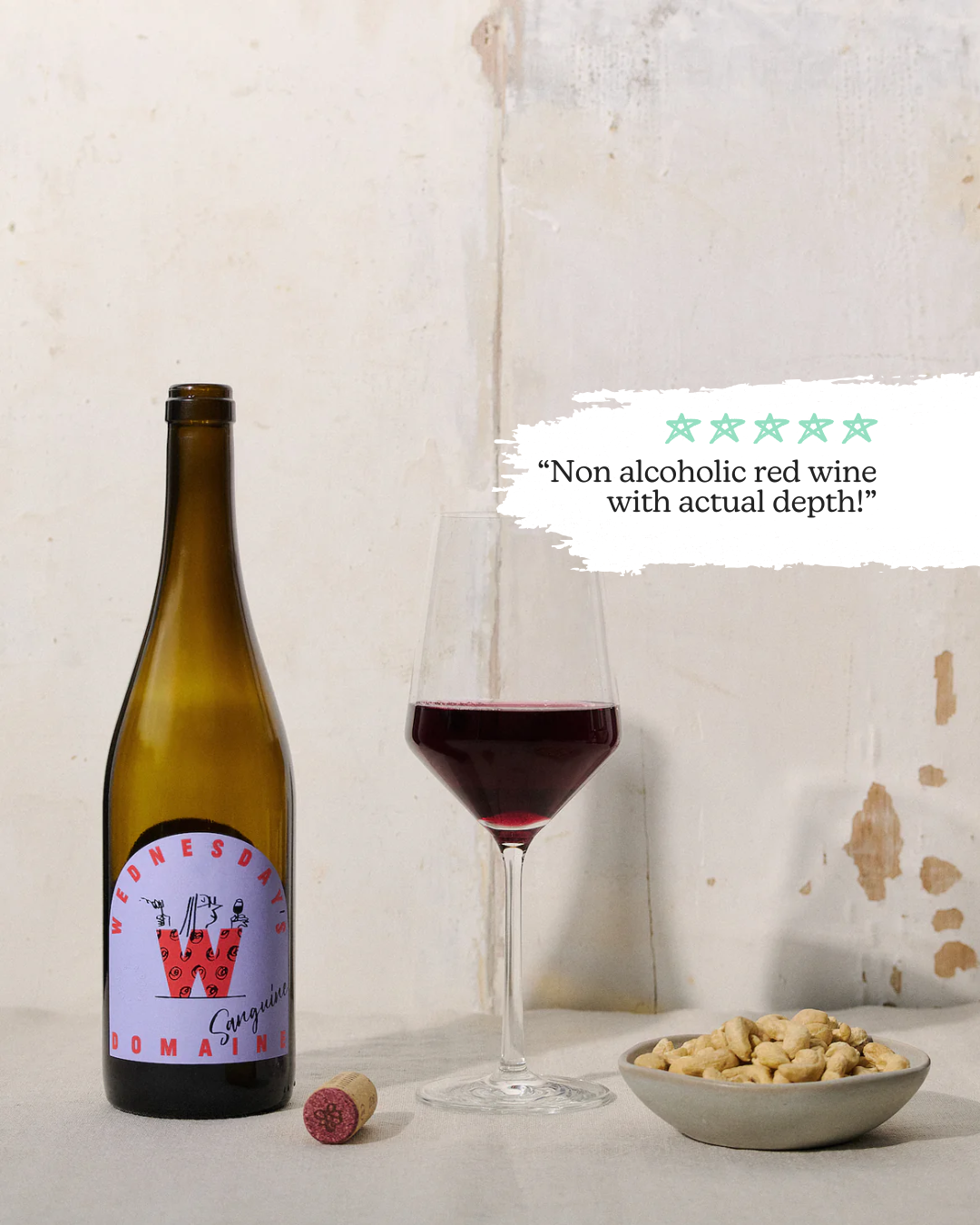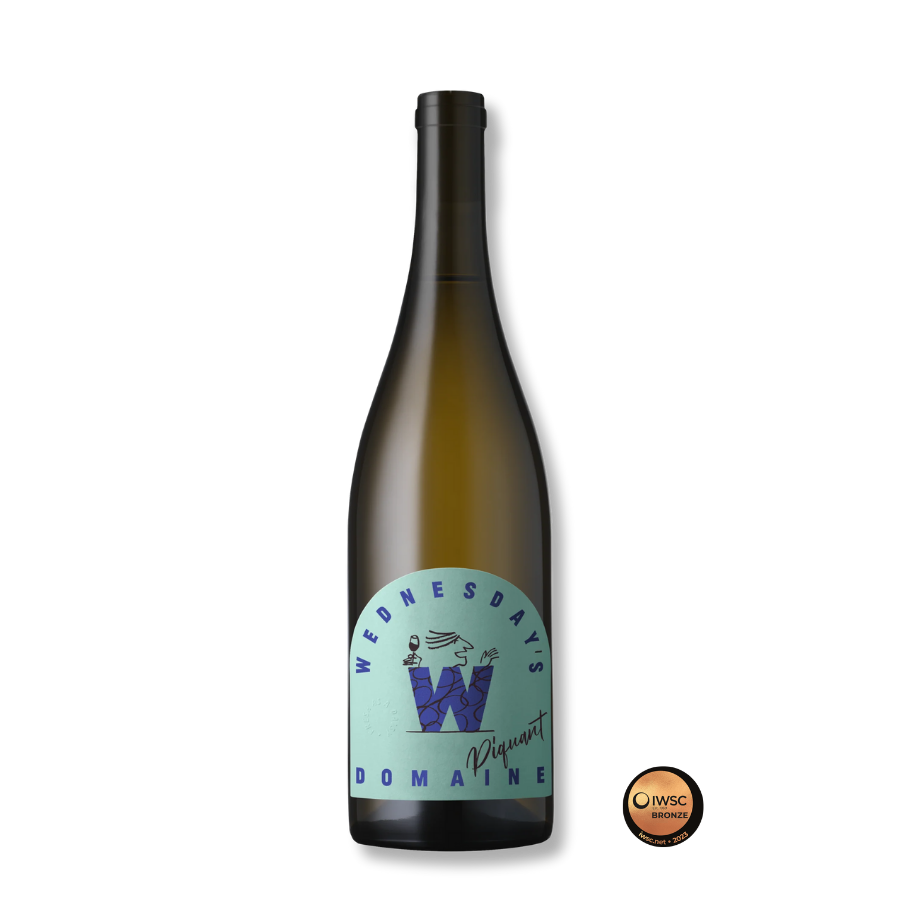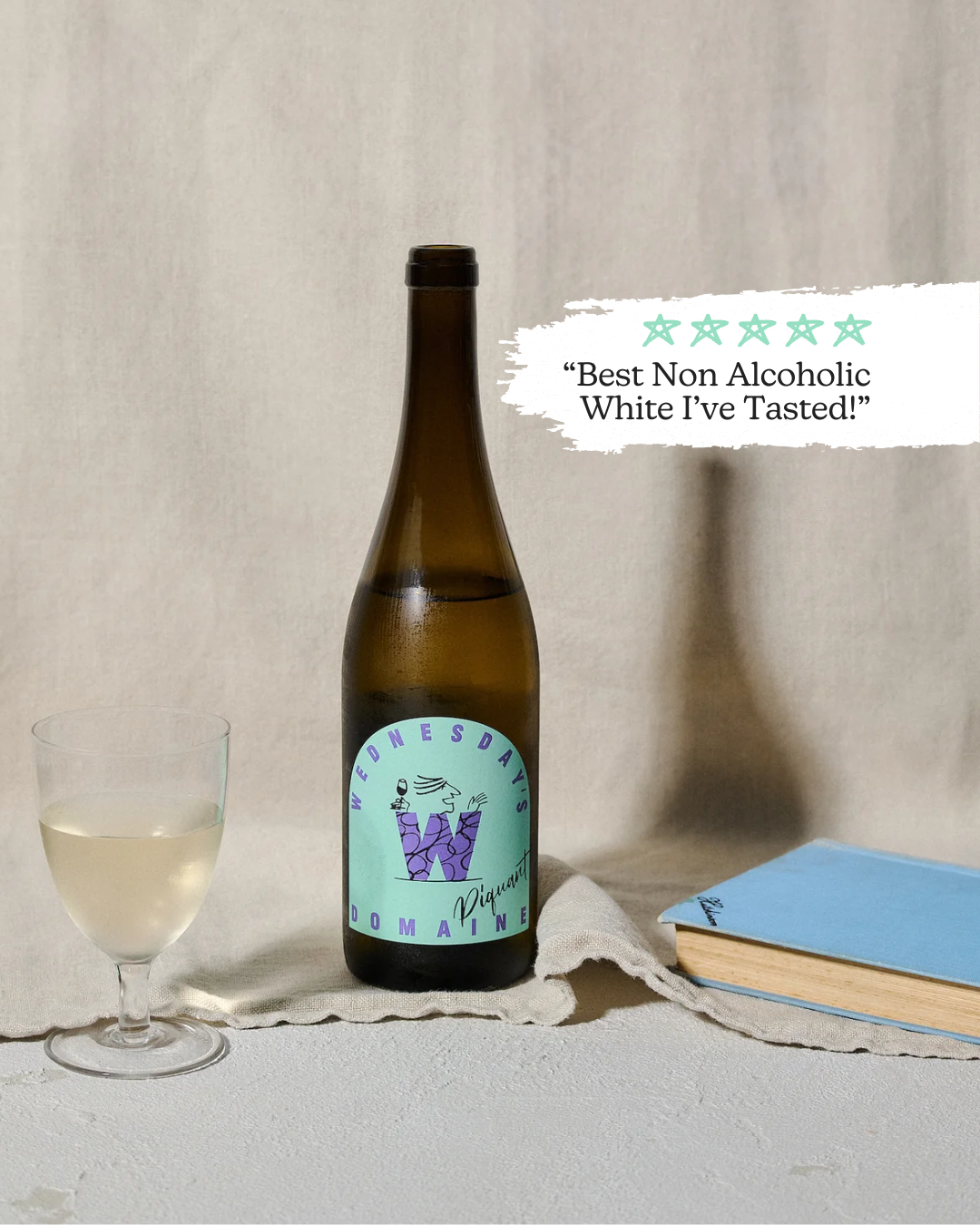🍡 Amuse-Bouches 🍡
#2 Niamh and Aaron top the UK’s most misspelt names
🍷 Uncorking Wine 🍷
The rise of British winemaking and its reputation on the global stage has been inexorable over the last decade. From an explosion in the number of vineyards through to French champagne houses buying up land in the UK, we’ve come a long way from the industry being considered yet another English eccentricity. Pausing for a moment, the question becomes how did all this happen and where’s it going next?
Southern England’s chalky soils and sunny-but-cool climate are often cited as providing a boon to native winemaking, and whilst they and their Champagne-like similarities play a massive role, there are other factors at play. The influence of increased investment, growing expertise and consumers’ burgeoning tastes for homegrown products have contributed to the likes of Chapel Down, Hattingley Valley and Gusbourne appearing on our shelves and in our homes.

Rathfinny vineyard in Sussex
Climate change has also played a role, with warmer temperatures allowing for longer ripening periods, higher sugar levels and more balanced levels of alcohol and acidity. Remarkably, the space dedicated to winemaking in the UK is up fourfold since 2000 and the number of vines has tripled from 1 million to 3.2 million in the same period, with Wales and East Anglia seeing the largest increases in vines planted.Our ever-growing appetite for provenance and locally-sourced products has also meant commonly-used grape varieties like Bacchus - named after the Greek god of winemaking and well suited to UK conditions - don’t seem so scary when they appear on labels. Sitting alongside our old friends Pinot Noir and Chardonnay, these are some of the most popular grapes that contribute to Britain now churning out over 10 million bottles of wine each year.
📖 Key Ingredients 📖
Wednesday’s Domaine is rooted in the belief that weekends shouldn’t have a monopoly on good times. It might be early in the week, but that shouldn’t stop you from having that glass of wine, cooking that recipe or getting the tunes on in your kitchen. In the spirit of sharing, here are a few things we’ve been loving this week…
#Recipe - Cucumber gazpacho
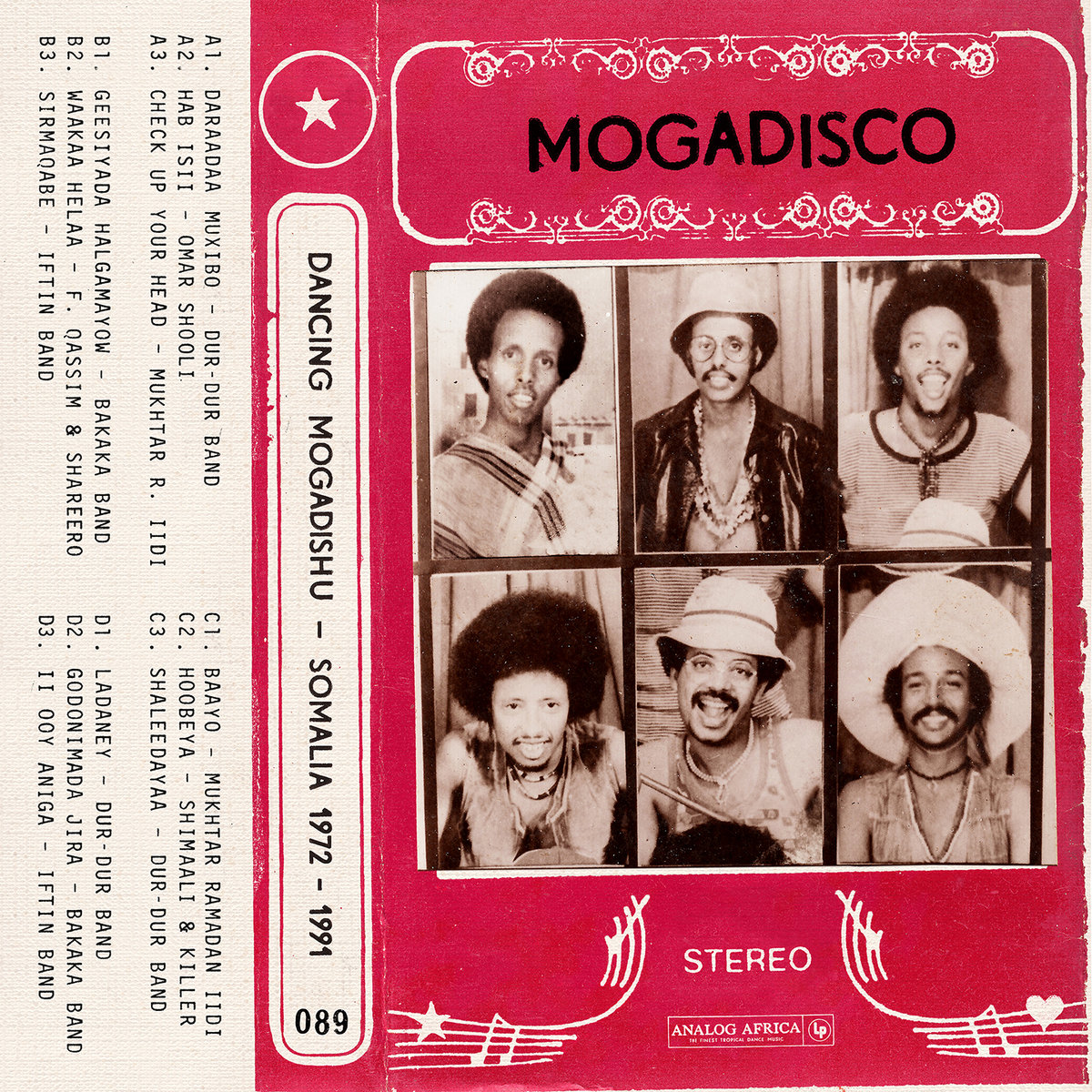
Analog Africa's Mogadisco album sleeve
🍷 What News From Wednesday's Domaine? 🍷
Wine and art have long been associated, whether ancient images of people reclining at parties guzzling red wine or lukewarm glasses of Chardonnay being served in London galleries. Less so, alcohol free wine and art.
All that is about to change as we champion choice in those moments where you may want a glass in your hand, but are less keen on the fuzzy head the next day. Watch this space…
Thank you,
Luke

